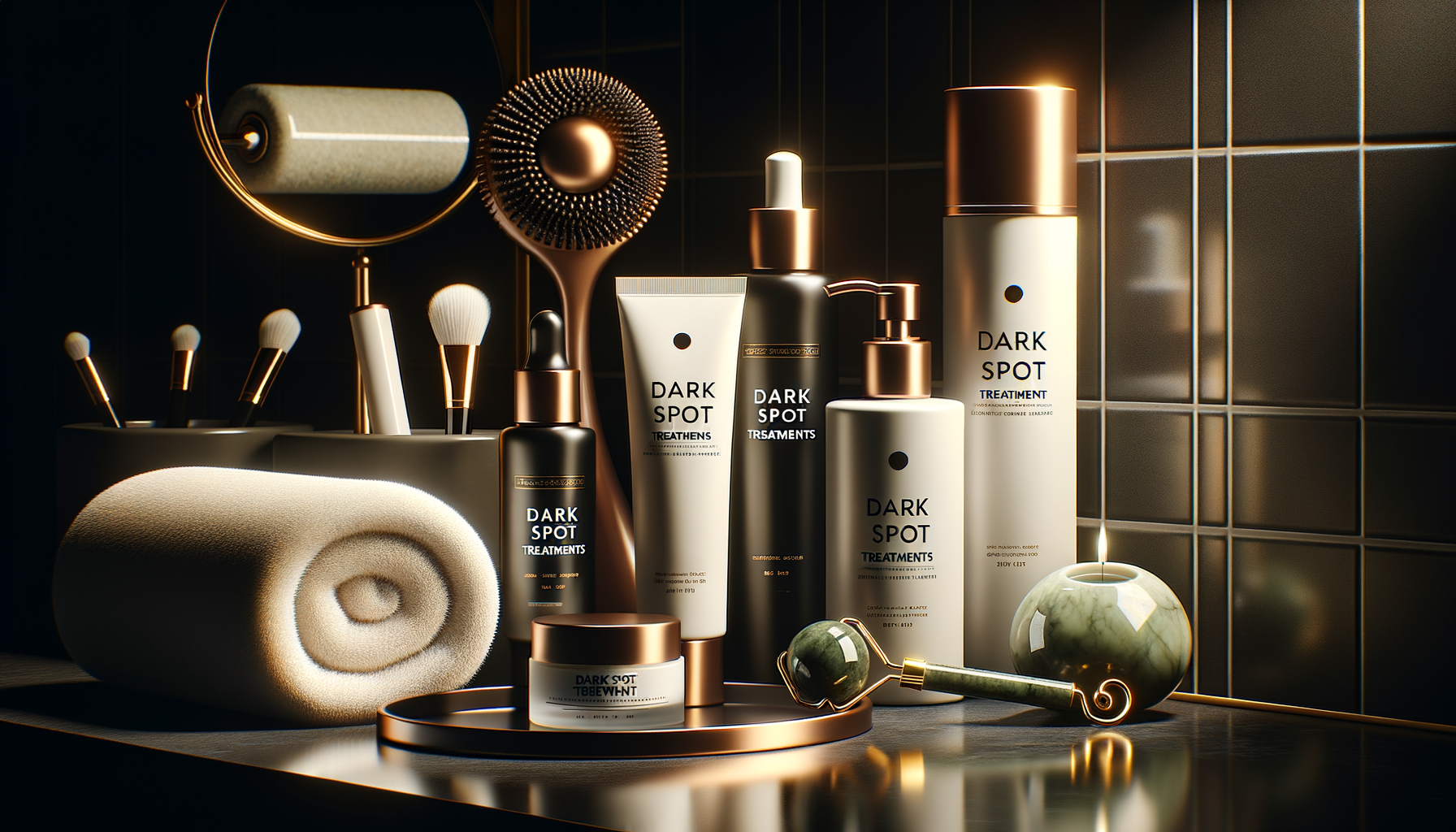Understanding Dark Spots: Causes and Concerns
Dark spots, also known as hyperpigmentation, are a common skin concern for many individuals. They occur when the skin produces excess melanin, the pigment responsible for skin color, leading to patches that appear darker than the surrounding skin. These spots can be caused by various factors, including sun exposure, hormonal changes, and inflammation. Understanding the root cause of dark spots is crucial in determining the most effective treatment plan.
Sun exposure is one of the leading causes of dark spots. Ultraviolet (UV) rays from the sun can trigger the production of melanin as a protective response, which can result in sunspots or age spots over time. Hormonal changes, particularly during pregnancy or due to the use of certain medications, can also lead to melasma, a type of hyperpigmentation characterized by brown or gray patches on the face. Inflammation from acne, cuts, or other skin injuries can also result in post-inflammatory hyperpigmentation, where dark spots remain after the skin heals.
Addressing dark spots involves not only treating the existing pigmentation but also preventing further discoloration. This often includes the use of sunscreen to protect the skin from UV damage and prevent new spots from forming. Understanding these causes helps in choosing a treatment that targets the specific type of hyperpigmentation you are dealing with.
Topical Treatments: Creams and Serums
Topical treatments are among the most common and accessible options for addressing dark spots. These include creams and serums formulated with active ingredients that help lighten hyperpigmentation and promote even skin tone. Some of the most effective ingredients found in these products are vitamin C, retinoids, hydroquinone, and niacinamide.
Vitamin C is a powerful antioxidant that can help reduce melanin production, making it a popular choice for brightening the skin and fading dark spots. Retinoids, derived from vitamin A, accelerate cell turnover, helping to shed pigmented skin cells and promote the growth of new, even-toned skin. Hydroquinone is a skin-lightening agent that decreases the formation of melanin, but it should be used with caution and under the guidance of a dermatologist due to potential side effects.
Niacinamide, a form of vitamin B3, is known for its anti-inflammatory properties and ability to improve skin texture and tone. It can help reduce the appearance of dark spots by inhibiting melanin transfer to the skin’s surface. When using topical treatments, it’s essential to be patient, as results can take several weeks to become noticeable. Consistent use, combined with sun protection, enhances the effectiveness of these treatments.
Professional Procedures: Peels, Lasers, and More
For those seeking more immediate results, professional procedures performed by dermatologists or skincare specialists can be highly effective in treating dark spots. Chemical peels, laser therapy, and microdermabrasion are among the most popular treatments available.
Chemical peels involve applying a solution to the skin that causes it to exfoliate and eventually peel off, revealing new, less pigmented skin underneath. Depending on the depth of the peel, recovery time can vary, and multiple sessions may be necessary for optimal results. Laser therapy targets melanin with concentrated light beams, breaking up the pigment and allowing it to be absorbed by the body. This method can be particularly effective for stubborn dark spots, but it may require several treatments.
Microdermabrasion is a less invasive procedure that uses a device to gently exfoliate the skin’s surface, removing dead skin cells and promoting new cell growth. This treatment can improve skin tone and texture, making dark spots less noticeable over time. It’s important to consult with a professional to determine the most suitable procedure based on your skin type and the severity of your hyperpigmentation.
Natural Remedies: Home Treatments and DIY Solutions
For those who prefer a more natural approach to skincare, several home remedies and DIY solutions can help lighten dark spots. While these methods may not provide the same results as professional treatments, they can be a cost-effective and gentle option for mild hyperpigmentation.
Lemon juice is a popular natural remedy due to its high vitamin C content and natural bleaching properties. Applying lemon juice to dark spots can help lighten them over time, but it’s crucial to use sunscreen afterward, as lemon can make the skin more sensitive to sunlight. Aloe vera, known for its soothing properties, can also aid in reducing pigmentation by promoting skin regeneration.
Other natural ingredients that may help include apple cider vinegar, which contains acetic acid that can lighten pigmentation, and green tea extract, known for its antioxidant properties that can protect the skin from further damage. When using natural remedies, it’s important to perform a patch test first to ensure no adverse reactions occur, and to maintain realistic expectations about the results.
Prevention and Maintenance: Long-Term Skin Care
Preventing dark spots and maintaining an even skin tone requires a proactive approach to skincare. The most crucial step in preventing hyperpigmentation is the consistent use of sunscreen with a high SPF. Sunscreen protects the skin from harmful UV rays that can trigger melanin production and lead to new dark spots.
In addition to sun protection, incorporating antioxidants into your skincare routine can help combat free radicals that contribute to skin damage and pigmentation. Products containing vitamin C, vitamin E, and niacinamide can provide added protection and promote a brighter complexion.
Regular exfoliation is also essential in maintaining skin health and preventing dark spots. By removing dead skin cells, exfoliation encourages cell turnover and helps keep the skin’s surface smooth and even. However, it’s important not to over-exfoliate, as this can irritate the skin and exacerbate pigmentation issues.
Overall, a balanced skincare routine that includes cleansing, moisturizing, and targeted treatments can help keep dark spots at bay and maintain a healthy, radiant complexion. Consistency and patience are key, as preventing and treating hyperpigmentation is an ongoing process that requires dedication and care.




Leave a Reply